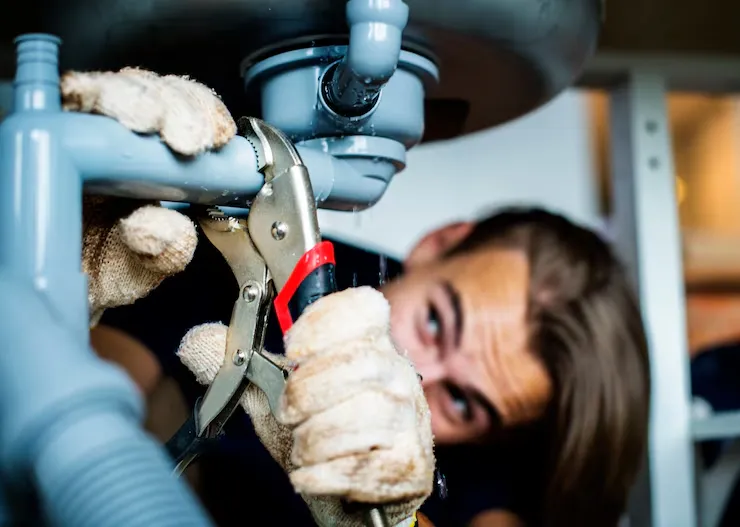Shockingly, thirty-odd percent of seniors have not yet nominated a trusted Power of Attorney for themselves. Ontario has created a new campaign aimed at raising our awareness of how important it is to set up POA, and to help us in choosing someone appropriate.
Choosing your power of attorney
A POA is simply a legal document given to someone you trust, allowing them to make decisions for you if something happens and you can no longer look after matters yourself.
- Power of Attorney for Personal Care
This person can make decisions about your health care, housing and other aspects of your personal life.
It must be clear that you are mentally capable of choosing someone with genuine concern for your welfare to give this type of power of attorney. Long term home-care key for Ontario.
- Power of Attorney for Property
Here they can make decisions about your financial affairs; including paying your bills, collecting receivables and managing your house and investments.
You must be mentally capable of choosing a power of attorney for property and have knowledge of your assets, be aware of any obligations to dependants, and understand the power and authority you are giving to the person.
There are restrictions on who your attorney can be. People such as those paid to provide services to you aren’t acceptable; unless they are a family member.
An alternative option is to use a trust company to act as your attorney. The trust company charges a fee but will be professional and impartial.
Toronto’s strategy for senior caregivers needs
You can find resource materials available on ontario.ca/AgingWell, including a revised POA document and information about how people can prevent POA misuse.



